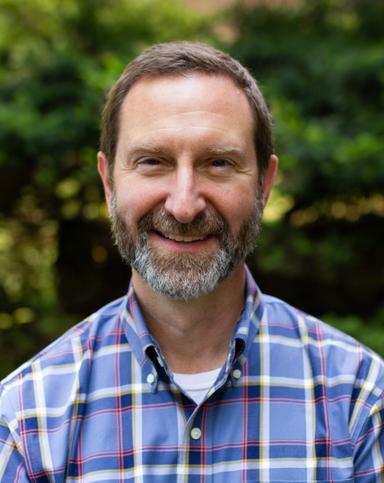“Biblical Counseling and secular psychology: they haven’t always been the best of friends. That’s putting it mildly, and it makes sense if you think about it. The Biblical Counseling movement was founded in large part as a reaction to the church giving up on pastoral care, or at least a depth of pastoral care. And so, as a movement, the Biblical Counseling world has tended to be known for the ways that we’ve critiqued secular psychologies. We’ve pointed to how the fact that it’s operating out of a non-Christian worldview has massive influence on all of the things that it concludes and even the things that it observes. I think we do have real and fundamental points of disagreement, and I’m glad for us to have highlighted them, I think that has been an important service. However, Biblical counselors have always maintained that there is much we can learn from secular psychology. We just haven’t always talked very much about it. So what I’d like to do, and today’s episode being the first one, is start a series of podcasts I’m calling ‘The Best of Psychology,’ where we think about what we as biblical counselors have learned, even where we may have changed and modified what is going on in psychology, seeing how it serves us, and what we can do with it.” Host, Alasdair Groves speaks with Mike Emlet about what he has learned from secular psychology.
This is part 1 of a 3 part series: Part 2 | Part 3
Length: 21:28
[button href=’https://traffic.libsyn.com/ccef/Best_of_Psychology_with_Mike_Emlet.m4a’ text=’Download Podcast’]
[button href=’https://itunes.apple.com/us/podcast/ccef-on-the-go/id1196426810#’ text=’Subscribe to Podcast’]
Additional Resources Available: What’s in a Name? Understanding Psychiatric Diagnoses
As Christians, it can be hard to know what to think about the diagnoses the mental health world uses to describe troubled people. Are they useless because they are based on a secular view of mankind? Or are they helpful because they offer researched and detailed descriptions of common problems? Dr. Emlet offers a biblically informed perspective for our ministry that helps us to be neither “too cold” nor “too warm” toward these classifications.
[button href=’https://www.ccef.org/shop/product/whats-name-understanding-psychiatric-diagnoses’ text=’Download Additional Resource’]

Alasdair Groves
Executive Director
Alasdair is the Executive Director of CCEF, as well as a faculty member and counselor. He has served at CCEF since 2009. He holds a master of divinity with an emphasis in counseling from Westminster Theological Seminary. Alasdair cofounded CCEF New England, where he served as director for ten years. He also served as the director of CCEF’s School of Biblical Counseling for three years. He is the host of CCEF’s podcast, Where Life & Scripture Meet, and is the coauthor of Untangling Emotions (Crossway, 2019).

Mike Emlet
Faculty
Mike is a faculty member and counselor at CCEF, where he has served since 2001. He holds a doctor of medicine from the University of Pennsylvania and a master of divinity from Westminster Theological Seminary. Prior to joining CCEF, Mike worked as a family physician for eleven years. He has particular interests in working with ministry leaders and with those who struggle with anxiety, depression, and OCD. He has published numerous books, including CrossTalk (New Growth Press, 2009), Descriptions and Prescriptions (New Growth Press, 2017), and Saints, Sufferers, and Sinners (New Growth Press, 2021).



